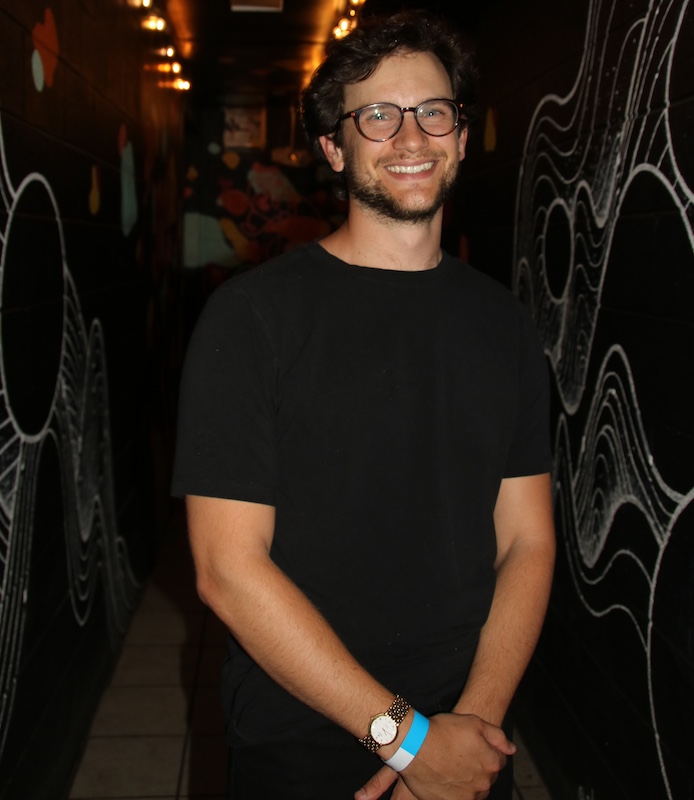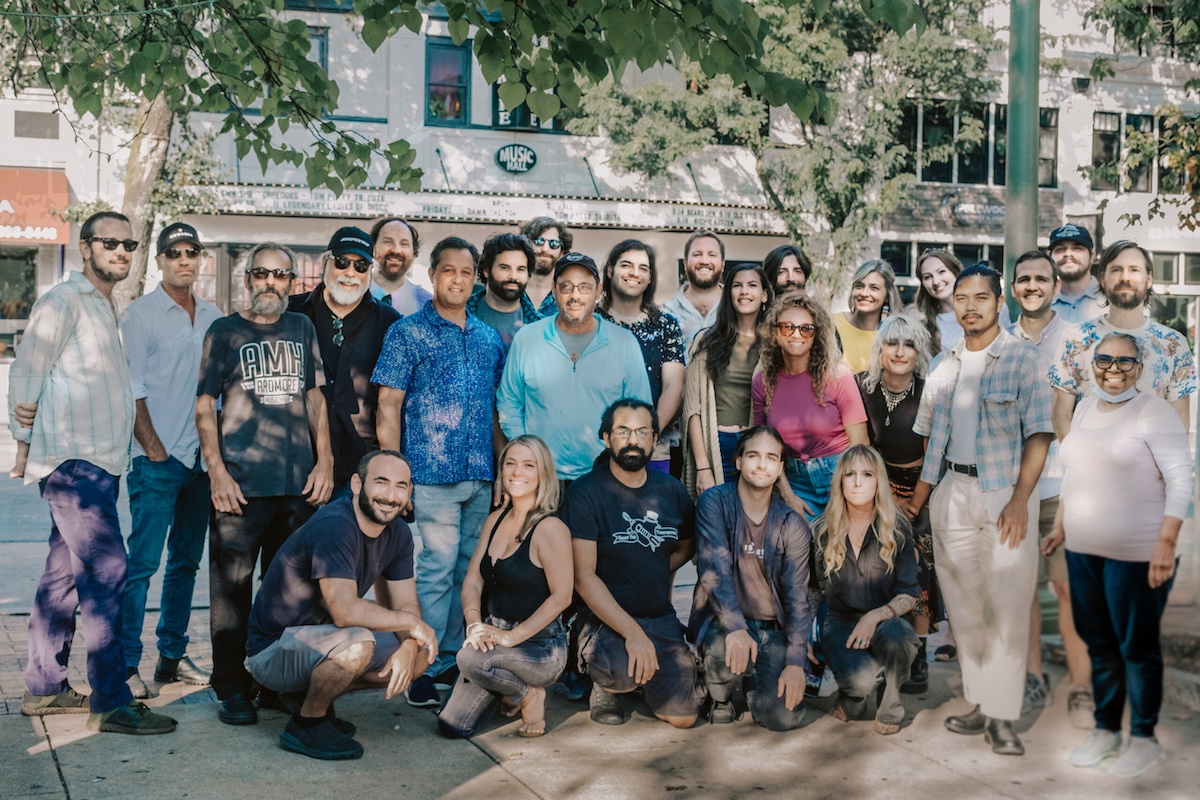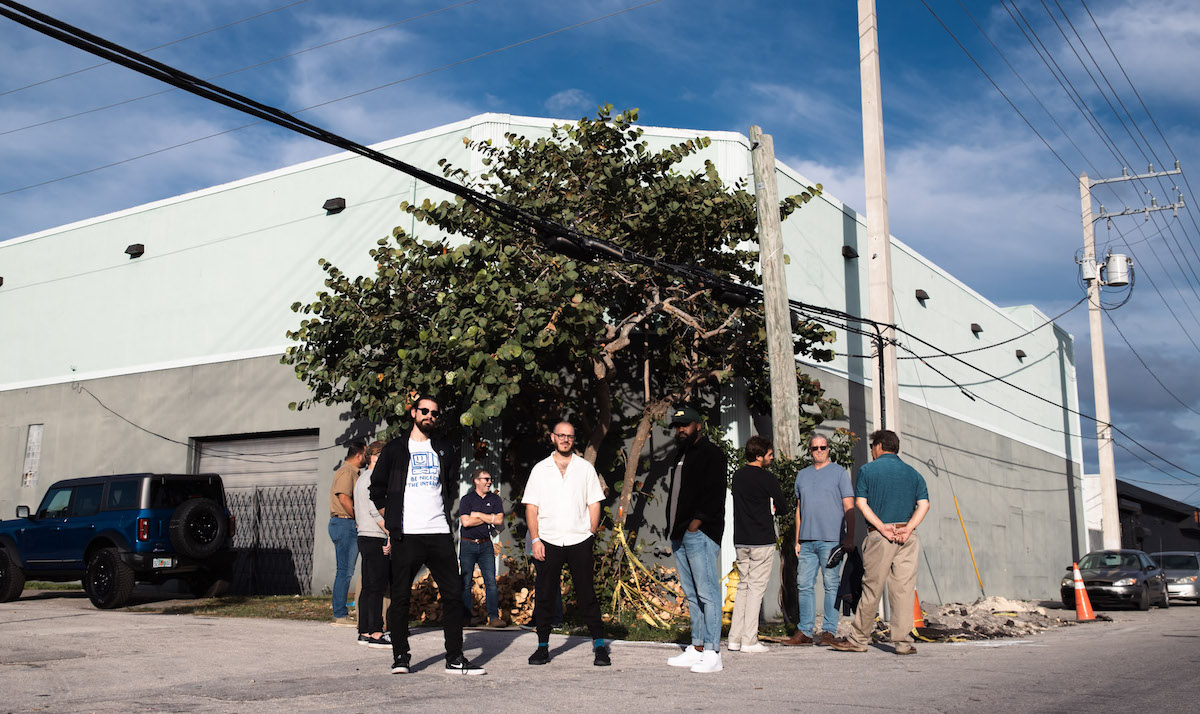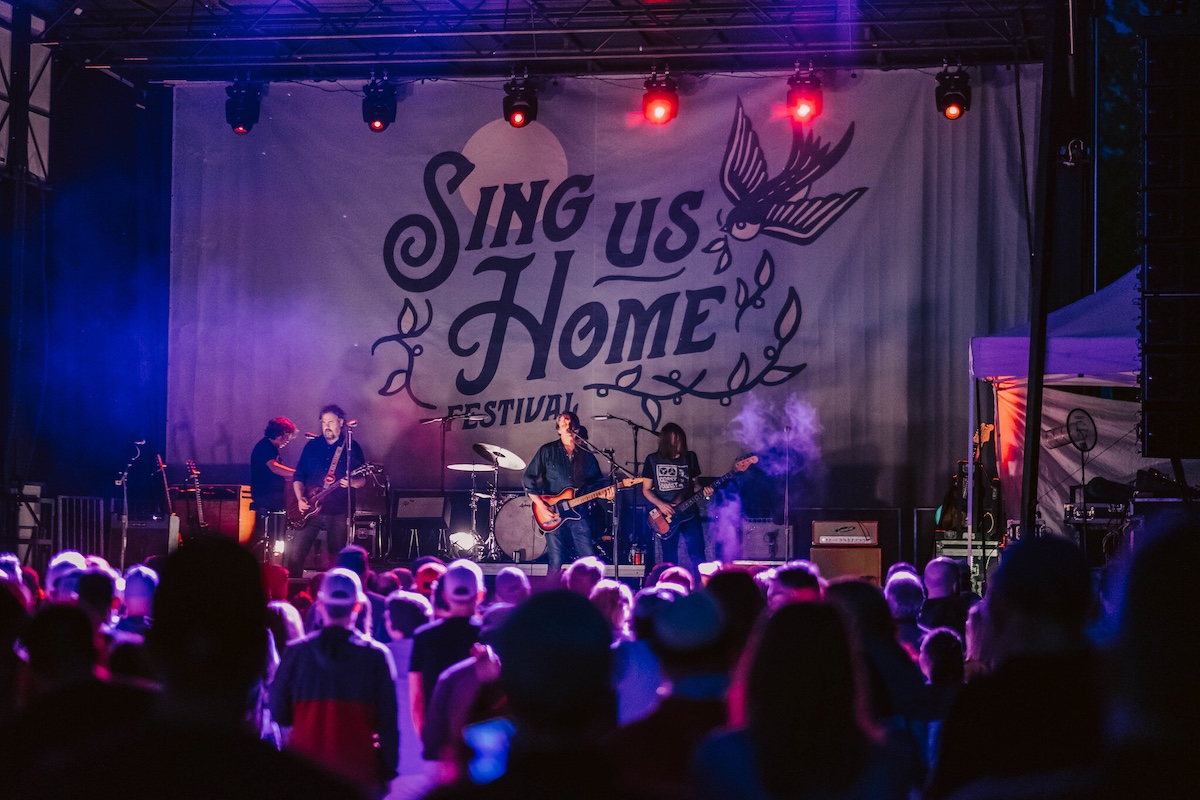Though Philadelphia has long been known for its diverse, historic music scene and venues, the business economies supporting the industry usually thrived elsewhere.
If you were looking to become a talent agent, music marketer or producer, you probably set up shop in Los Angeles, Nashville or New York. But the remote nature of many companies and new businesses in a post-pandemic world has created more of an opportunity for Philly to house the insular businesses around the music scene, those inside it say.
Greg Seltzer, a startup lawyer at Ballard Spahr and creator of Philly Music Fest, has noticed this trend over the last several years. Philly’s music scene itself has grown a lot, with homegrown artists like pop group Japanese Breakfast landing multiple features in The New York Times properties, and emo band Modern Baseball heading out on international tours.
Philly’s affordability relative to cities like Austin and San Francisco has also been a plus to many artists, Seltzer said. And as artists find a home here, agents, managers, labels, venues and those looking to create a startup to serve the industry are following.
Ten or 15 years ago, the talent graduating from Wharton or other Philly area institutions were told to head to Silicon Valley to work in startups, in the same way that musicians were told to move to Austin or Los Angeles.
“Now, those Wharton students have been staying here for a decade and a half and Philly’s startup and tech scene is amazing — top 10 easily in the country,” Seltzer said. “Our music scene is now seeing the same trajectory. So when someone wants to start a music business, they can now do that in Philly.”
Chris Paterno is one example of such a person. The Haverford native started in the industry as a musician and songwriter himself and lived in Nashville while getting his career off the ground. But in early 2020, he moved back to Philly with a startup idea he felt could get more business support here.

HEARD founder Chris Paterno. (Courtesy Chris Paterno)
Paterno is the founder of HEARD, a web-based platform that uses data analytics to help market and sell ads for musical artists. HEARD brings that data in-house to the record label and combines it with streaming data, social data and any other data it has to build algorithms that make marketing recommendations.
In Philly, Paterno found deep resources on the music and startup sides of his business through a Ballard Spahr incubator, talks at Comcast’s LIFT Labs and mentors.
“That really helped us understand how to run a business, a music business,” Paterno said. “Like, what does the structure of the business look like? What is our revenue model? How do you get into SaaS, product-led SaaS and other things like that that the music industry isn’t so good at?”
Paterno moved back to Nashville, where his partner, who’s a singer, is looking to grow her music career, a few months ago. It’s a bonus that one of HEARD’s largest investors is in Nashville, but Paterno called the startup Philly-grown and said he would have been happy to run the company from his South Philly townhome “forever.”
“I think that Philadelphia is a town made for startups, you know?” he said. “You get the underdog story that is just at the heart of the city of Philadelphia. And the thing that kept us going is the grit that the city kind of embedded into me.”
Chris Perella, founder of Rising Sun Presents, had a long tenure in-house at live music venues before launching his event production company a little more than a year ago. The music scene here was bustling pre-pandemic, but it’s coming back even stronger than before the year-or-two hiatus most venues and artists had to take from touring, he said.
“There’s still some traditional music hubs that are still sort of the leaders, but I think that Philly at the same time has grown and has attracted a lot of young professionals and a lot of new businesses,” Perella said, adding: “I think that it creates a lot of interesting opportunities because there’s just more happening and Philly’s kind of become a place that every single tour stops and plans around.”

The Rising Sun Presents team. (Courtesy Rising Sun Presents)
Rising Sun Presents came out of Perella’s assessment of the music scene coming out of the pandemic. He’d seen so many people working in live music overworked and underpaid, and he aimed to create an independent alternative to big, well-resourced production companies like Live Nation.
Rising Sun Presents offers what Perella called a “full-service suite” of options like booking artists at a variety of venues, completing ticketing, marketing and more. For Perella, a path to advancement was important for his employees, of which there’re now 15 full-time and a handful of part-time. It was a business risk coming out of the pandemic, Perella said, to be building the infrastructure of the company and taking on full-time salaries.
“On the other hand, it felt like a really great opportunity because we were standing on a good foundation at all of our different accounts and putting them together in a way that made everybody stronger,” he said.
Will Toms, cofounder of REC Philly, a home and community for creatives, has also watched the music economy in Philly evolve over the last decade. The company’s flagship location in Center City offers a mix of digital tools and networking events. It will also host the Philly Music Fest event Inside Hustle on Oct. 14. The event will bring together musicians, producers, management, music label reps and others to talk about the music economy.
Toms said he’s seen a huge uptick in startups that aim to serve the creator economy, as well as a shift from creators waiting for a large institution or label to sign them in favor of just getting online and sharing their work themselves.

REC Philly’s team outside of its second location in Miami. (Courtesy REC Philly)
“The idea that different brands and companies are starting to create tools and solutions for creators, it’s really because we’re finally acknowledging that creators and artists are businesses,” Toms said. “So I think we’re going to continue to see a lot of these classic B2B solutions just get targeted towards creators and artists.”
Good technologists are key to music industry innovation, and Philly’s startup scene has some cool overlap, Seltzer said. Startups outside the music industry have embraced the city’s love of music — Guru Technologies has a REC-sponsored performance area in its Center City Office, Seltzer called out, and he always sees the folks from climate-conscious startup Carbon Reform out at concerts.
Toms noted this overlap as important. Philly has poured a ton of resources into making its innovation economy strong over the last few years, and often artists are some of the most innovative people in a room, he said.
“When you think about design thinking and bootstrapping, all of these things are fun to say, but artists have always done them,” Toms said. “So I think there’s something beautiful that happens when you bring in the collisions of technology and art.”
Before you go...
Please consider supporting Technical.ly to keep our independent journalism strong. Unlike most business-focused media outlets, we don’t have a paywall. Instead, we count on your personal and organizational support.
Join our growing Slack community
Join 5,000 tech professionals and entrepreneurs in our community Slack today!

The person charged in the UnitedHealthcare CEO shooting had a ton of tech connections

From rejection to innovation: How I built a tool to beat AI hiring algorithms at their own game

Where are the country’s most vibrant tech and startup communities?



